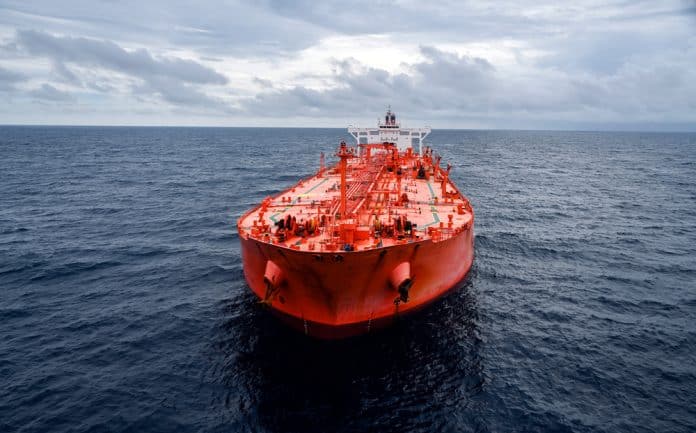OPEC+ is made up of oil-producing countries that maintain a stronghold of control over the majority of the world’s oil supply. It is, in many ways, a literal cartel. OPEC+’s actions can have sudden and dramatic effects on the world economy and shipping, in particular. Over the past week, that shock has been realized in OPEC+’s latest moves.
Almost overnight, the outlook for crude oil and for the tankers that transport it has changed.
Earlier this week, OPEC+ announced a significant production cut of the world’s oil output. The cut, announced Monday, means OPEC+ will produce about 1 million fewer barrels of oil a day. Overnight, the global oil supply has shrunk and shipping will be affected.
Here’s why: in general, oil production levels directly affect tanker shipping prices. The oil tankers that ship oil all around the world rely on cheap oil. With the latest cut, oil prices are likely to rise, and with it, demand is expected to fall. Shippers may turn to other shipping methods to get goods overseas, such as air freight.
Typically, when production cuts are implemented, we have seen similar activity and can expect that a large reduction in sea-based cargo is coming. After all, almost 40% of all crude oil exports are transported by ocean tankers. Tanker operators are expecting a reduction in revenue, and associated profits.
What does the industry expect from the latest OPEC+ move?
Bloomberg first reported on the reaction from some executives, with Halvor Ellefsen, a tanker broker at a Fearnleys – a large broker – saying: “This is an obvious negative.” He added “It’s not what owners needed.”
Analysts in general in the media expected an increase in crude oil prices and a decrease in demand. Tanker brokers and tanker lines will be most directly affected.
This latest cut follows years of OPEC+-led activity that has affected the world economy.
In April 2020, OPEC+ agreed to historic production cuts in response to a sharp drop in oil demand due to the COVID-19 pandemic. These production cuts resulted in a reduction in the amount of oil being transported by tankers, which led to a decrease in tanker shipping prices.
Then, almost as quickly, as global demand for oil began to recover in the second half of 2020, OPEC+ gradually eased its production cuts. In March 2021, OPEC+ surprised the market by announcing that it would keep production levels largely unchanged for April, rather than increasing them as expected. This decision, combined with the Suez Canal blockage crisis in March 2021, led to a spike in tanker shipping prices.
Only time will tell what will actually happen in the market, but if history is any guide, the tanker industry is in for a rough few weeks and months.




